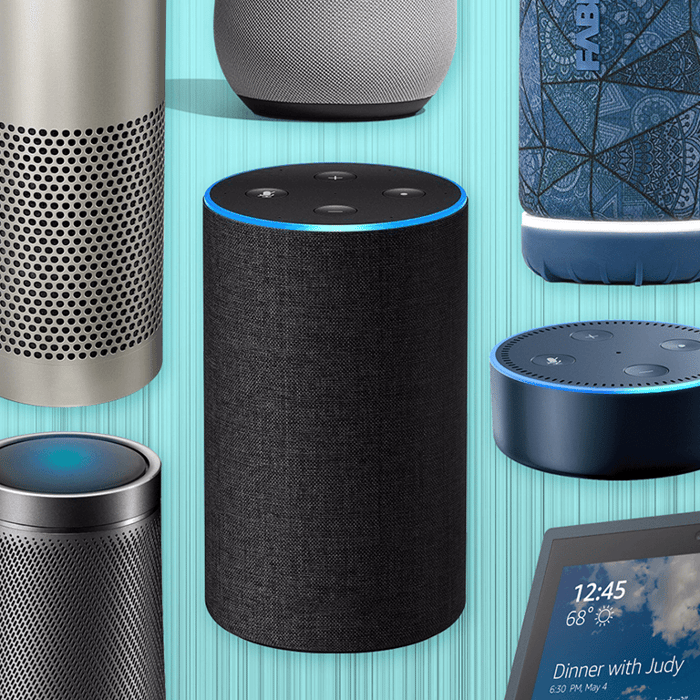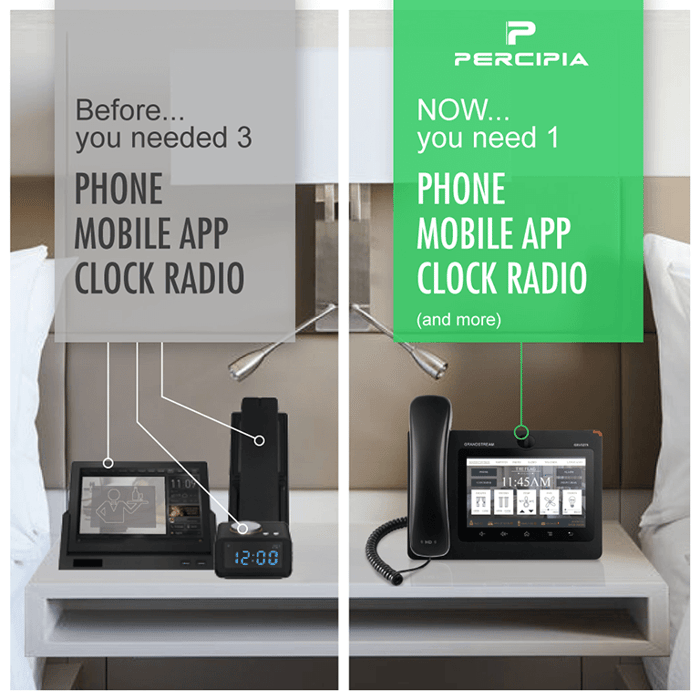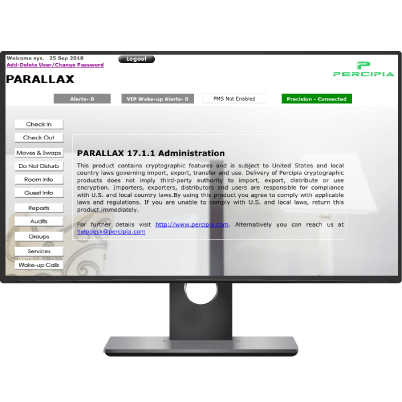In the past couple of years, smart devices have taken over as the hot new tech. A smart device is categorized as an electronic device that utilizes different wireless protocols (Bluetooth, NFC, WiFi, or cellular) to operate interactively and autonomously. Such devices include smartphones, smart cars, smart thermostats, smart doorbells, smart locks, smart refrigerators, tablets, smartwatches, and most prominently; smart speakers.
According to a study by Adobe Analytics, 32% of consumers reported owning a smart speaker in August of 2018, up from 28% in January. Growth is considerable, given that almost all of the smart speaker sales occur in Q4 (Adobe Analytics CES Report, Jan 2018). If this ownership growth trend continues at the pace Adobe suggests, more than half of U.S. consumers own a smart speaker by the beginning of this year.
The voice-activated devices have changed the way that we make technology work for us. These devices allow us to spend less time in front of screens, and as more integrations/use cases are found for these devices, they are going to become more common for everyday usage.
Although we have yet to really find a “killer app” for these smart devices, the hospitality industry has a lot to offer through their usage. In an increasingly voice-activated world, what changes can we expect for the hotel industry?
Travelers can utilize the features provided by these devices to book a car rental, check the weather and traffic conditions, and even book flights. Guests can order room service or call for housekeeping. They can adjust their thermostat, or turn off the lights, and even open their blinds when the sun comes out. All of these features are to be expected in an increasingly connected and voice-activated world.
However, some guests aren’t as excited about these changes. Privacy is, of course, the biggest concern. While these devices do not have the capability to record your every conversation, the fact that they are voice-activated means that there is the potential for them to activate accidentally and transmit private conversations, as was the case for an Oregon couple back in May of 2018. Although instances like this are extremely rare, some would rather avoid the risk entirely.
There will be pushback against smart speakers just like there was against online shopping, smartphones, and iPods. As technology advances, so does the way we interact with it. Thanks to advances in natural language processing, what once was science-fiction is now a reality. Smart speakers and integrated technologies are the future of automation. As gimmicky as Alexa or Google Home may seem, their technologies show that the future will be voice-activated.
What do you think about smart speakers in




